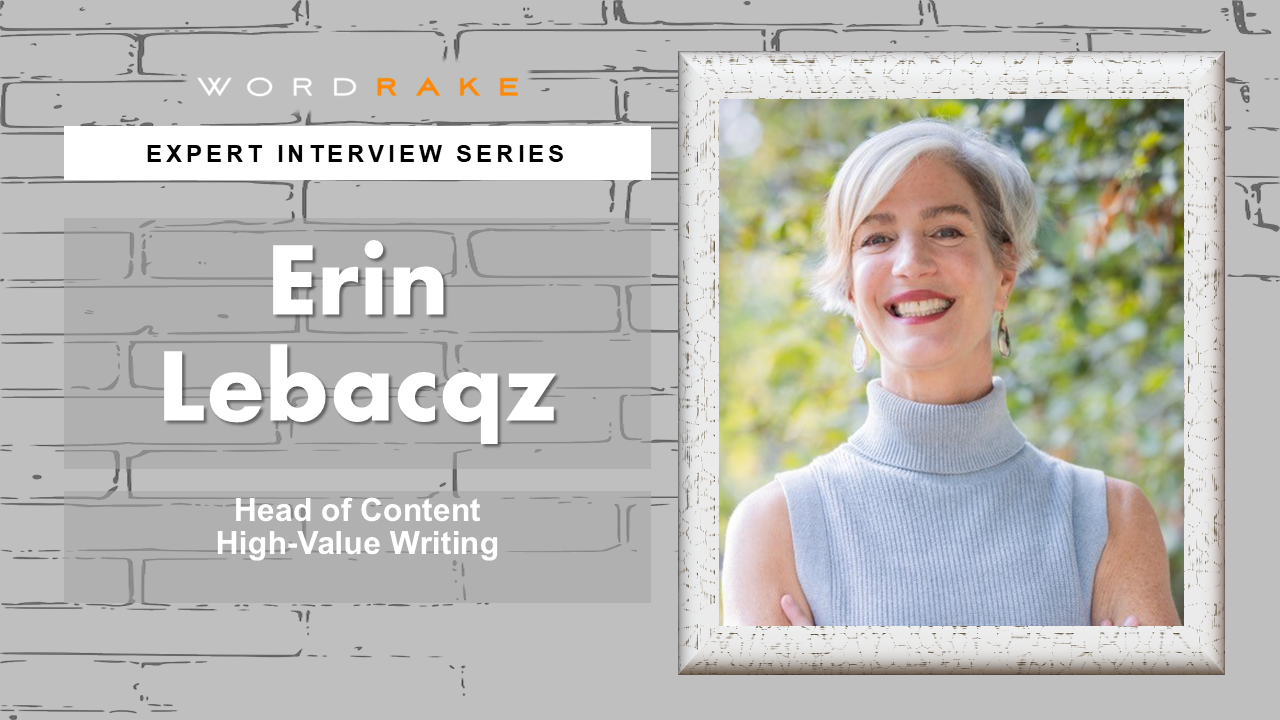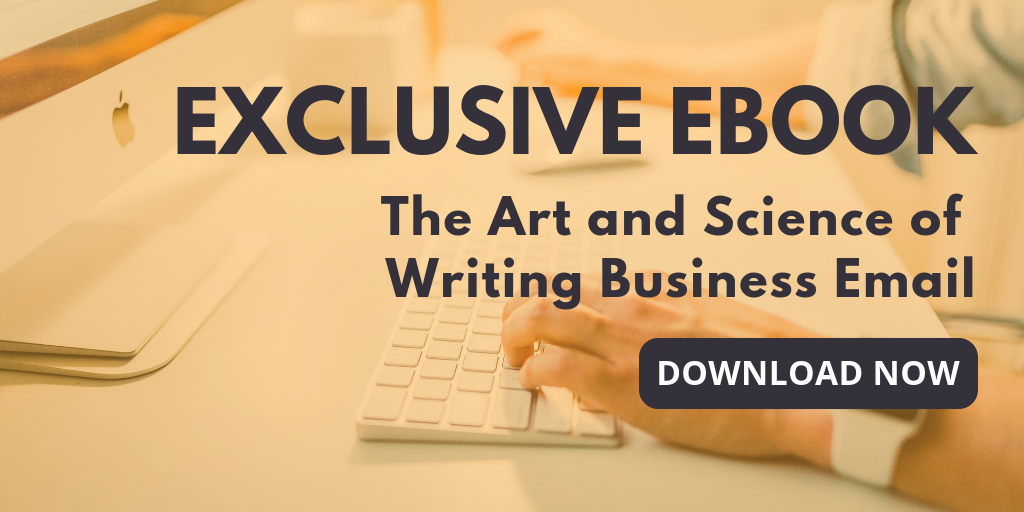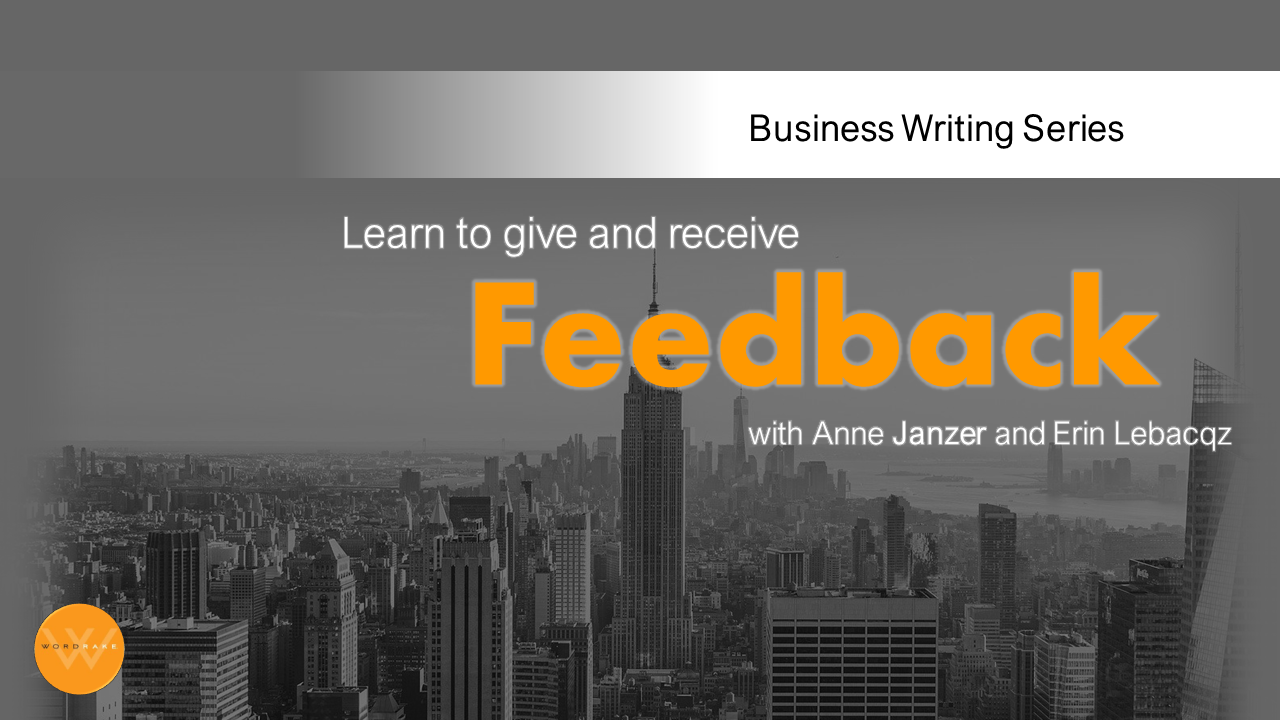Editing is at its base feedback, which many people struggle to take without feeling it's a reflection on their being. As writer and educator who specializes in teaching others how to write well, Erin Lebacqz has given and received more feedback than most. Here's what she wants you to know about working with an editor, and some things to consider as you reflect on your own work.
What are the qualities of good writing? Does it differ depending on genre?
To me, good writing evokes a response in a reader. Most genres of writing do include the reader in some ways—their interpretation, their ability to visualize a scene, their emotions and hopes and fears. By thinking about our readers, we can typically make our writing better. Good writing of any genre also allows the author’s intention to come through—including subtext. The ability to create meaning and an authentic exchange of ideas… to me, that’s good writing.
What tech tools do you use in your work?
I use ChatGPT for the parts of writing I’m not good at (for me, writing titles or marketing copy) and avoid it for aspects of writing I’m better at. I also use ChatGPT to research how people are talking about things. “What words are used most when people are talking about mental health concerns?” for example. Asking a question like this then lets me discover how others are “languaging” the topic, so I can have better success with search terms, SEO, and relevance.
Are there any specific attributes in a document that scream “a bot wrote this” to you?
Everyone talks about the rocket ships and the em dashes, but to me, it’s the enthusiasm—especially in business or non-fiction contexts. When a passage goes beyond a certain level of excitement, or starts using too many million-dollar positivity words, I get a little suspicious. This is no problem for something like marketing writing—we’ve come to expect it! But it can be a little disappointing in a person-to-person message, for example, when readers might hope for more authenticity.
If someone is already a good writer, why would they need an editor?
Even though I do a lot of writing, and even teach others effective writing strategies, I personally am not able to edit my own writing. I hired an editor for both of my books—actually, a former university student who’d been in my class on tutoring and editing. I believe that any writer or editor still has areas that naturally work out in their writing, and areas that need the eyes of others. For example, although I feel pretty good about establishing a consistent voice in a piece of writing, I know for a fact that I’m no good at checking for other kinds of consistencies—the way I’ve used a term or punctuation mark, etc.
How do you find the right editor to work on your project?
The right editor understands what you’re trying to do in your project, and can help you reach those goals. I was very lucky when I hired an editor for the first time (for my first High-Value Writing book) because she knew what I was trying to do and had even seen me do it. That is, she had been in classes I’d taught on writing, editing, and tutoring, so she knew my style as a teacher. Since my books are educational and offer writing strategies, this was a perfect match. I felt 100% confident that she knew what I was trying to accomplish and in what ways I was trying to help my readers learn and grow in their own writing. She also cared about my goals for the book—believing in it herself, which helped too.
What etiquette should a writer know about when working with an editor?
I think a writer can contribute to a productive editing relationship by considering a few etiquette moves ahead of time. Writers can keep in mind that they actually benefit when an editor offers critiques—even if they feel a little “hard to take” at first. It’s best to get the personal feelings out of the way and just go into a meeting with an editor with a sense of “What will they help me realize I need to do differently today?”
Because I knew my books’ editor before we started the projects (since she was formerly my university student), I also knew she’d been given certain feedback about her editing style in the past. Specifically, she’d been seen by some as “too harsh” and had even been let go from the university newspaper editing team as a result. Knowing this history made me do two things: (1) think “Oh good! I need someone to be harsh with me. I want all the help I can get!” and (2) approach our meetings without ego, ready to be told critiques—because I didn’t want to react in such a way that would make her hold back in the future.
Together, we also created a productive and courteous workflow by using a consistent process for each chapter and each meeting. Coming to know what to expect from each discussion also helps keep the conversation about the goals—a good piece of writing—and not personal opinions or fears.
What is the most underrated punctuation mark? Why?
I’ve been called out over the years for overuse of both semicolons and em dashes—but I’m loyal to both. These marks contribute to rhythm—which to me helps convey the writer’s intention. It’s not just what we say, but how we say it, right? I find these marks underrated because they’re not necessarily about rules and we don’t have to use them in most cases. They’re choices, and these choices can bring a writer and reader closer together by sharing more about the way a writer meant something.
What are your thoughts about the Oxford Comma?
Putting on my clarity hat for this answer, I’d have to say yes—go with using the Oxford comma. It just makes things less ambiguous in most cases.
Readers may not know, for example, whether Risha and Steph are also my sisters in “I saw the concert with my sisters, Risha and Steph.” If I’d added the Oxford comma in that example, it would’ve been more clear that they aren’t—and that more than two people came with me.
However, if I’m intentionally joining two concepts together, I’m ok going without. Sometimes a writer’s goal actually is to connect two ideas, and so something like “I’d love to eat a pizza right now, and milk and cookies” can be helpful in some situations.
What do you wish would change about the way people are taught to write?
I deeply wish we could raise our kids with less emphasis on “correctness” in writing, and more emphasis on practical, relevant, even strategic usage—and on the way writing is actually interactive, like speaking. I’ve observed so many kids and adults feeling absolutely paralyzed in their writing—all because they’ve built up a fear of making mistakes over the years.
In reality, our writing is about much more than surface correctness or surface errors. When we can free ourselves from the “cultural baggage” of writing fears, we can better see that writing is goal-oriented and used to connect us to other people. Teaching kids that we write to meet goals, rather than write to not get caught making a mistake, could let us all grow up understanding more about how to use our writing to not only get things done, but create and sustain meaningful relationships at work and elsewhere.
When is it okay to break a grammar rule?
Whenever it helps better convey the writer’s intended meaning. For example, a fragment can be helpful in conveying urgency. A run-on can help convey connected thinking—or show that a character is overwhelmed. Skipping punctuation—or adding more em dashes than some would prefer—can give our writing the rhythm we want, when it helps us better share our true meaning with our readers.
About Erin Lebacqz
International educator and author Erin Lebacqz helps professionals, leaders, and students write strategically to meet career and business goals, and build successful, authentic relationships. Her workshops and speaking engagements share her engaging, active learning approach and bring participants into the conversation. An award-winning educator, Erin created the High-Value Writing curriculum by teaching around the world in businesses, public organizations, and universities. Her 2024 High-Value Writing Workbook is based on this curriculum, and helps readers practice strategies and concepts. Erin has been teaching strategic writing for 25 years. Students and clients describe her books, classes, and learning videos as “game-changing,” “empowering,” and “not boring.”
About the Editor Interview Series
WordRake is an automated editing add-in for Microsoft Word and Outlook. Our editing algorithms are created by linguists and subject matter experts to offer nuanced suggestions to improve clarity and cut wordiness in your documents. But we know that software is only the start of your editing process! To help writers understand more about editing and the considerations that go into it, we’ve enlisted several of our favorite professional editors to share their experience and wisdom. Learn from the best about the importance of great editing—and then go try WordRake for yourself!









